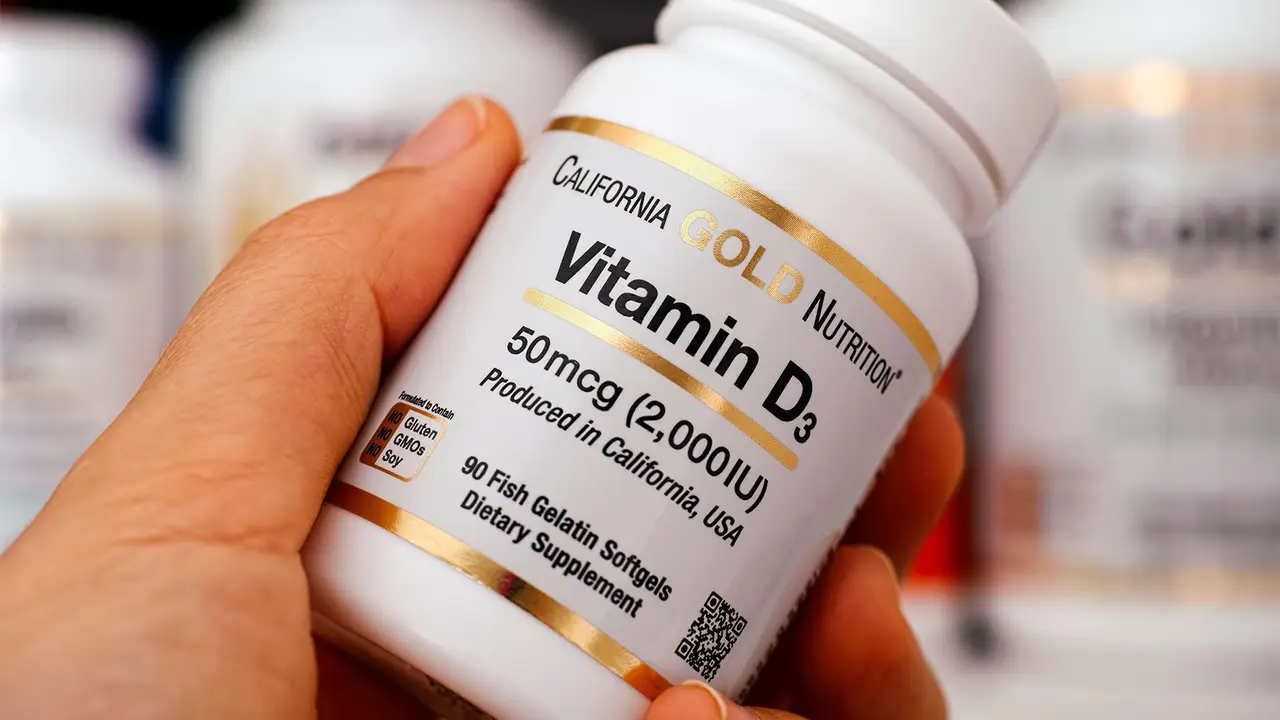
A fresh wave of scientific inquiry reaffirmed that even consuming substantial doses of vitamin D supplements does not diminish an elderly individual’s likelihood of developing type 2 diabetes.
While vitamin D may harbor other health merits, the Finnish research collective discovered no evidence to support the notion that long-term supplementation with moderate or elevated doses of vitamin D3 confers any protective benefit against the onset of type 2 diabetes in otherwise healthy individuals with adequate levels of the nutrient, according to the reports by HealthDay News.
The findings, spearheaded by a team from the University of Eastern Finland, were disseminated on December 2 in the journal Diabetologia.
This latest endeavor builds upon prior investigations that hinted at a correlation between exceedingly low vitamin D levels and an elevated propensity for diabetes. Notably, this association was especially pronounced among individuals with prediabetes, who already teeter on the edge of a full-blown metabolic disorder.
Yet, the question lingered: Could a regimen of higher-dose vitamin D supplementation curtail the emergence of type 2 diabetes in those without prediabetes—people at no pronounced risk for this blood sugar imbalance?
To address this query, lead researcher Jirki Vyrtanen and his colleagues orchestrated a randomized trial involving nearly 2,300 participants aged 60 and above. These individuals were allocated to one of three groups: a placebo cohort or groups receiving either 40 or 80 micrograms of vitamin D3 daily for a duration of five years, as per HealthDay News.
At the conclusion of the study period, 105 participants had developed type 2 diabetes—38 from the placebo group, 31 from the 40-microgram supplement group, and 36 from the 80-microgram supplement group, as stated in a release from the university.
In essence, the data revealed negligible variation in diabetes incidence across the groups, irrespective of the quantity of supplemental vitamin D consumed.
Moreover, the researchers discerned no measurable advantages of high-dose vitamin D on glucose metabolism, insulin sensitivity, or indices of body mass, such as overweight or obesity, according to reports by HealthDay News.
Ultimately, the study underscores a pivotal conclusion: for individuals free from prediabetes and with sufficient vitamin D reserves, escalating intake of this nutrient does not meaningfully influence diabetes risk or its prevalent precursors.
